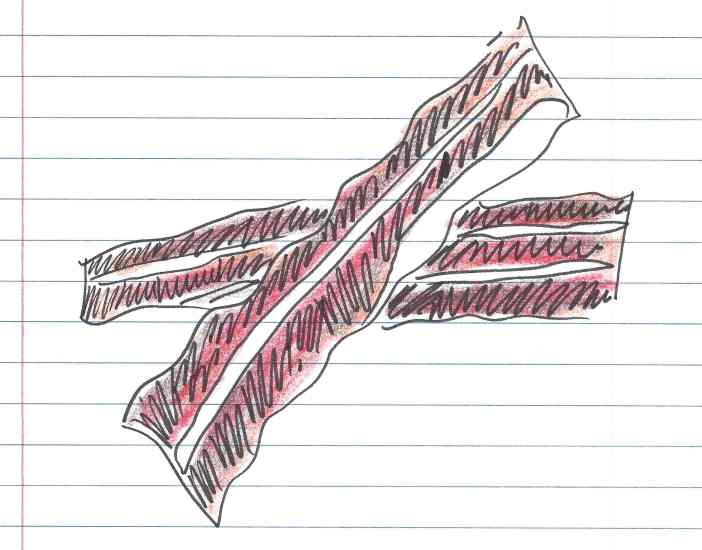This week, we lost two greats to cancer: David Bowie and Alan Rickman. Their passing so sudden, the news hit many hard, but cancer, as so many know too well, can be such a creeping foe. In its own small way, the etymology of cancer bears this out.

Cancer
Cancer spread into English from French and Latin, both taking the forms cancer. Latin’s cancer is ultimately connected to Greek’s καρκίνος (karkinos). As in its root tongues, the word cancer has had several meanings: “sore” or “ulcer,” the constellation Cancer and sign of the Zodiac, and, unifying these, “crab.”
According to the Oxford English Dictionary, the earliest English record of cancer comes in the late 1300s and is astrological, referring to the fourth sign of the Zodiac, representing the constellation Cancer, or the crab. The sign’s symbol, ♋, is said to depict the claws of a crab.
Hercules, so it goes, crushed a crab while fighting the Hydra. To honor the slain crustacean, Hera, that hater of Hercules, placed the crab among the stars, whose form clusters Cancer’s stars, at least to the ancient imagination.
In the early 1400s, English sees a reference to cancer, meaning “crab,” though the creature is likened to disease, in particular ulcers and sores, such were the early meanings of the word. References to tumors appear by the 1500s at least. It seems to me that something approaching a more modern sense begins to emerge in the late 1600s.
While cancer has a very specific medical meaning today, long has it named a spreading and creeping medical malignancy. And ancient, too, is the crab-like depiction of cancer (or the sorts of sores the word denoted in early healthcare). As the Barnhart etymology dictionary explains:
The sense of a spreading sore developed, according to the Greek physician Galen, from the resemblance of the swollen veins surrounding the sore to the legs of a crab.
Galen was an influential and physician working in 2nd century CE – and should now have ruined crab legs for you.
The Latin and Greek roots of cancer also cause other English words. Canker is the oldest. It’s cited in early Old English and was associated with ulcers. Via a French form, chancre, especially allied with venereal lesions, comes in the late 1500s. As does carcinoma, which shows its Greek roots (karkinos) more conspicuously. Like carcinogen, a mid-19th century word formed on carcinoma. (Carcinogen, we saw not too long ago, ruined bacon for you.)
As for the deeper origins of cancer and karkinos? Indo-Europeanists diagnose *kar-, a root hypothesized to mean “hard” – and indeed related to English’s very hard. These ancient words for crab, so it goes, are named for their hard, outer shell. (This root also produced a Greek word for “rule” and “strength,” preserved in the suffix -cracy, as in democracy.)
To put it very mildly, cancer is hard. Really effin’ hard. But that hasn’t stopped us from searching for its Hercules. Indeed, in his final State of the Union address this past week, US President Barack Obama announced a mission to find a cure for cancer – a new moonshot. Which is metaphorically apt for our etymological purposes here, for, perhaps somewhere beyond the constellation Cancer, live on Ziggy Stardust and Alexander Dane.
